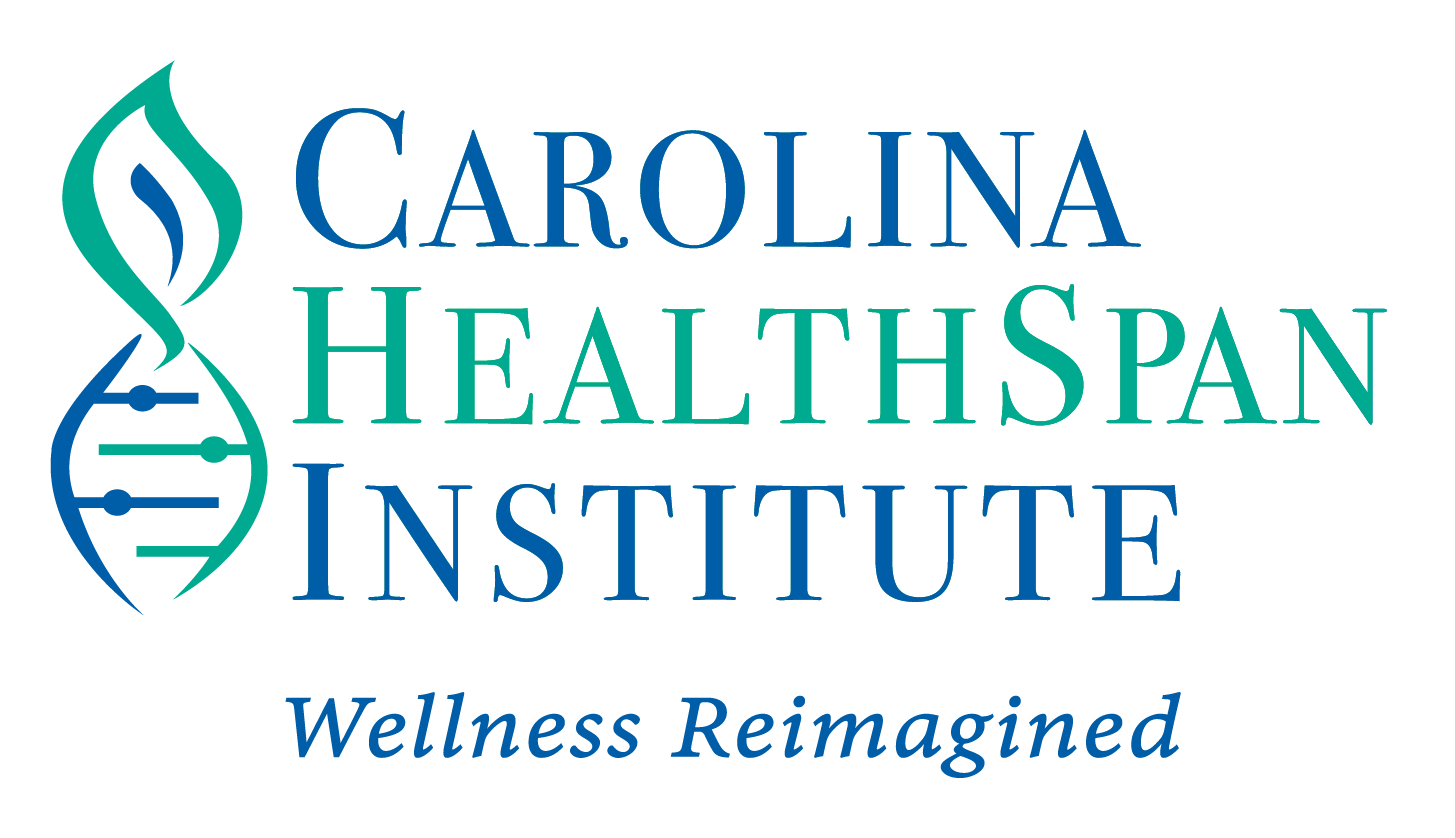It is common for menopause to prompt emotions of sadness and depression in women. It is estimated that up to 15% of women in menopause experience depression usually beginning in peri-menopause. The onset of peri-menopause and menopause result in a variety of physical and emotional symptoms which can cause stress, frustration, and ultimately depression. These symptoms, added to an already full load of responsibilities with your family, work, finances, etc., can be just too much to deal with.
Beyond that, depression, like stress, may be another symptom of menopause. The hormone imbalance associated with peri-menopause and menopause inhibits your body from managing stress and experiencing positive moods.
There are several hormones that play a part in depression. The relationships between hormones and depression in women include:
Estrogen: Boosts serotonin, which helps fight depression and promotes sleep. It also increases GABA, the calming neurotransmitter and raises endorphins, which help you feel good. Low estrogen levels often found in menopause can cause feelings of sadness and hopelessness.
Progesterone: This hormone helps to balance estrogen, helps promote sleep and has a natural calming effect. It also normalizes libido, is a natural diuretic and a natural antidepressant. Abnormal levels of progesterone cause insomnia and contribute to bad moods.
Many women will ask their physicians about antidepressants or anti-anxiety medications without considering other options. At Carolina HealthSpan Institute and Carolina Healthspan Institute Lake Norman, we will explore the underlying issues to determine whether an individual is experiencing hormonal triggered depression.
Once your hormone levels have been determined, we can discuss possible treatment options using Bio-Identical Hormones to begin balancing your hormones. In addition, nutritional counseling and supplements are often suggested.
